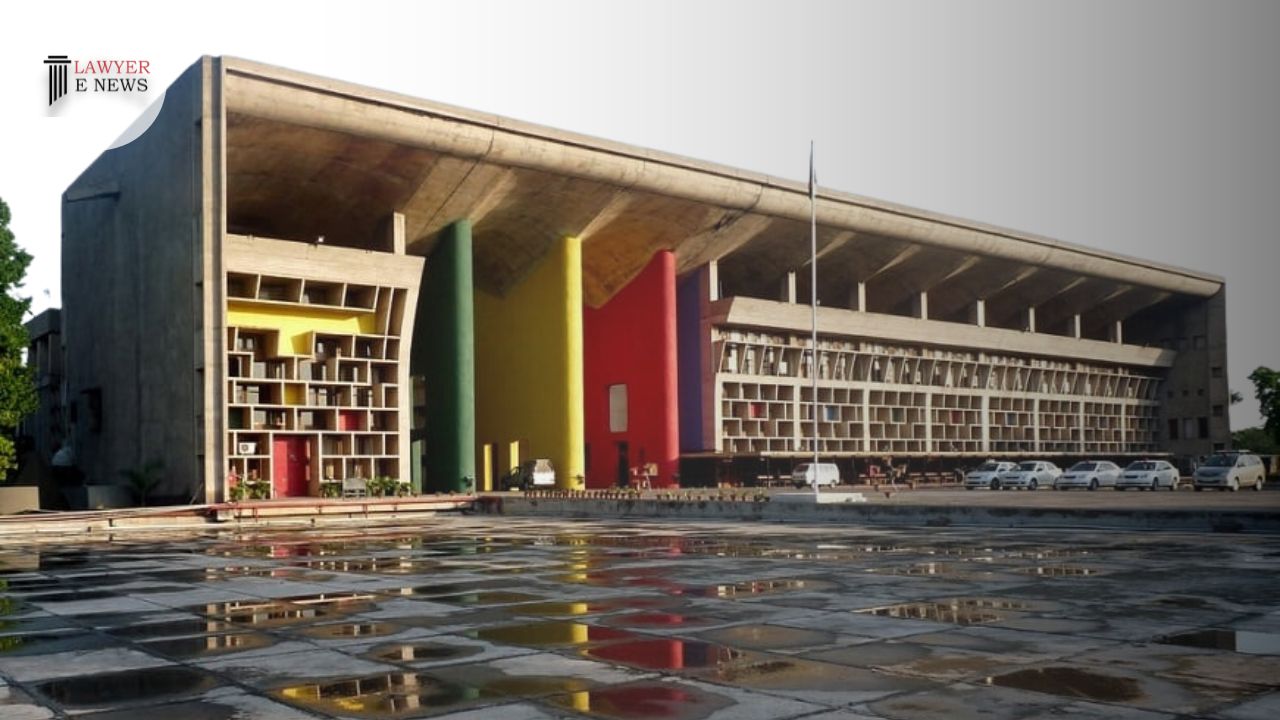-
by Admin
17 February 2026 4:27 AM



In a significant ruling, the High Court of Punjab & Haryana, presided over by Hon'ble Mr. Justice Harpreet Singh Brar, upheld the acquittal of the respondent in a case involving the dishonour of a cheque under Section 138 of the Negotiable Instruments Act. The judgment, pronounced on January 18, 2024, in the case of Erfan Timber Vs. Balwinder Singh (CRM-A-208-2019), highlighted the importance of the rebuttable nature of presumptions under the NI Act.
The appellant, Erfan Timber, engaged in the timber business, had alleged that the respondent issued a cheque that was dishonoured due to insufficient funds. The case, initially resulting in the respondent's acquittal by the trial court, was brought to the High Court challenging this decision.
In the detailed judgment, Justice Brar meticulously analyzed the provisions of Sections 138, 118, and 139 of the NI Act, stating, "The accused is only required to raise a probable defence casting a doubt on the existence of the liability to the extent that a prudent man, in similar circumstances, is caused to believe that such a debt or liability does not exist." This observation underscores the necessity for the accused to provide a plausible explanation to rebut the presumption of debt or liability.
The Court observed discrepancies in the complainant's evidence, notably the absence of the respondent's signatures on relevant bills and the failure to produce crucial documents to substantiate the sale of timber. These factors led to the conclusion that the respondent successfully rebutted the presumptions under the NI Act.
In its decision, the Court referenced several key judgments, including Basalingappa v. Mudibasappa and M.S. Narayana Menon alias Mani v. State of Kerala and Anr, to elucidate the principles guiding the adjudication of such matters. Furthermore, the judgment highlighted the limited scope of appellate courts in disturbing orders of acquittal, especially when two reasonable conclusions are possible based on the evidence.
Concluding the judgment, Justice Brar affirmed, "In view of the facts and circumstances of the case, this Court finds that learned counsel for the applicant-appellant has failed to point out any perversity or illegality in findings recorded by the learned trial Court which warrants interference by this Court."
Date of Decision: 18.01.2024
Erfan Timber VS Balwinder Singh
